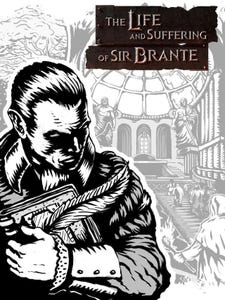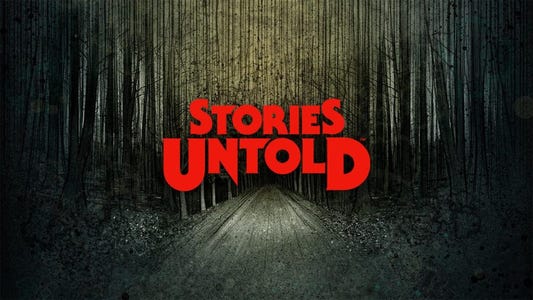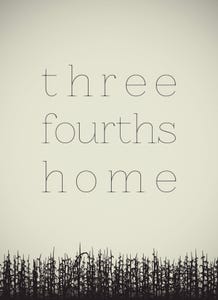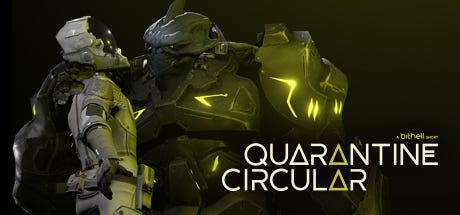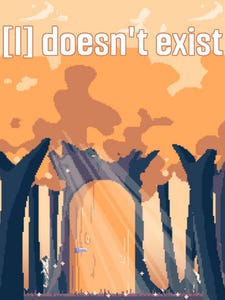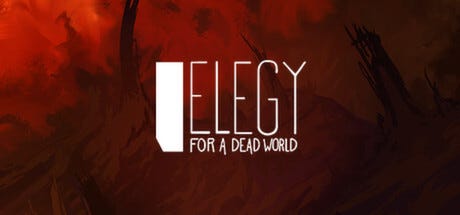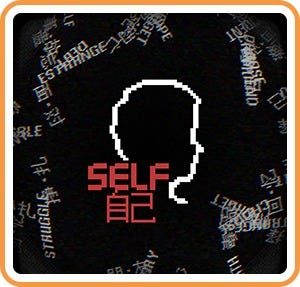X
- The Quinnspiracy
- The Quinnspiracy
- The Quinnspiracy
- The Quinnspiracy
Depression Quest
Released On: Feb 14, 2013
Metascore
Available after 4 critic reviews
1.5
All Platforms
While it does an okay job presenting what it is really like to have depression, it sets the player down the exactly same depression path, no matter what is chosen.
User Score
Overwhelming Dislike
Based on 297 User Ratings
1.5
12% Positive
36 Ratings
36 Ratings
4% Mixed
11 Ratings
11 Ratings
84% Negative
250 Ratings
250 Ratings
User Score
Overwhelming Dislike
Based on 297 User Ratings
1.5
12% Positive
36 Ratings
36 Ratings
4% Mixed
11 Ratings
11 Ratings
84% Negative
250 Ratings
250 Ratings
As someone who has grown up with depression, I think this game was genuine and creative. No, it's not a typical game, because it was obviously made to allow the user to begin to understand what depression may feel like for many people. I think this game can be eye opening for those willing to actually be open minded about trying it instead of just shutting it down right away for unrelated reasons to the actual game.
I absolutely love this game. It is amazing, and Zoe Quinn is the best game developer ever. Words cannot describe this masterpiece. Feminists unite! Let us wash this earth of that scum we call "man".
This isn't a game, but rather a text-based "choose your own adventure". It took me about an hour to go through it.
I suffer from depression myself, and found the descriptions to be somewhat realistic, but not entirely.
I'd be upset if I had spent a lot of money for this, but it's available for free or as "pay what you want", which is fair enough.
There are a *lot* of zero ratings, but that's unwarranted. It seems that the cause is alleged misbehaviour by the author. I've ignored that completely and judged the "game" on its merits.
This game was pretty much what I expected, and was ok. I did not start it expecting to be wowed. the bad reviews about this game are obviously from people who were not the intended demo. Don't play a non traditional, "arty" game and then whine about it not being fun. It was mildly interesting as an experience. I got it for free, I might have paid $.99 for it and been happy. I give it a 7. the people who whine about this not being a game can just sod off. text based stories with choices have been a genre of games for decades.
Way too simplistic, it has the most common shortcomings of amateur and commercial visual novels regarding choices being fairly straightforward and easy to exploit and "telling, rather than showing".
I can't say that I perceive this game as educational in any way - even though to educate was apparently the authors' intention - I do get the distinct impression that those who claim it opened their eyes are those who would look at some piece of contemporary art and claim they see the depth of it just because they're afraid of being ostracised for not "getting it" or for not being sensitive enough. In short: the king is naked and this game is below mediocre at best, but the only dissenting voices I see over here are of those who feel content in filling their reviews with references to **** and disparaging the game just because it doesn't offer game play in the most widely accepted and most traditional sense of the term rather than trying to at least explain why the story is so lacking in their opinion.
I played through it and realised that most of the choices were fairly easy to exploit: either you are honest and open with others and try to socialise a bit, or you close in your cocoon and further spiral down in worse and worse depression. Which elicited a "Well, duh! No **** Sherlock!" from me every time I chose. I saw the path to a positive ending as completely lit up from the start. It would be just as easy for me to go after a much more grim ending.
I'd like to believe it's because I'm a genius, but I suspect it's more because of the simplistic treatment the story has been given.
For those who are in any way familiar with VNs, this is the most common pitfall: the choices are there only to make it so it's at least decently easy to collect all the endings, which is usually the point of the exercise. Clearly, that shouldn't be the case here, but it ends up contributing, with the already stale narration, in making this feel like a mockery or at least a lazy over-simplification of the problem. I wonder if anyone will ever make the equivalent of the original Deus Ex for this topic, it would be quite interesting to see if it would help immersion more and actually spread awareness outside of the circle of converted this game seems to be preaching to.
Personally, I think it would have benefited a lot from making use of images and colours and a heavier use of music. It did feel a lot more like a prototype than a fully developed concept. I also found it a bit weird that there wouldn't be more motivation for the character's depression than some hazily painted pressure from their parents and a general displeasure for being in a menial job. That could have been a good starting point, but the development felt rushed and forced. I know that it doesn't take being beaten up M/W/F for years to be depressed, but the protagonist really is painted like someone who has a typical case of malaise, rather than depression. That is because the inner monologues, the repetition, the patterns that are only in the depressed person's head simply need more time and attention to be described than they've been given here.
I can recognise a hint of some of the behaviours that are common in depressed subjects in the text, but these feel always like they're spelt out as if they were collected from a Wikipedia article rather than to serve the story that is being narrated. It's nice that someone bothered to use the media to talk about depression, because it is an issue that's often misunderstood as people simply being too lazy to do things and blaming it on external factors, but from what I've seen this game obtained exactly that effect for a lot of people. It convinced people who were already convinced or were open to being convinced and inflamed everyone else. I don't feel like I could use it to help me explain to others what I've personally gone through - not because it just doesn't perfectly match with my particular case but, rather, because it does such a rushed job at developing its points in a way that might help immersion for someone who's likely to dismiss me as someone who just has to "get over" themselves. I certainly don't feel like it helps me cope, either. If anything, it made me feel like I was being talked down in the same way I have from people who have absolutely no idea what it feels like and spout advice that is way too easy to give.
After having played something like this, I feel even more respect for people like Darren Aronofsky and their ability and skill in painting things like obsession in such an effective way. I feel a lot less respect for whoever decided that this was worth some awards as I looked at those and I expected something at least decent, albeit controversial.
The writing style is bland, the presentation is completely unengaging, the music is grating, and despite all its attempts to present itself as a game about depression, one gets the sense that while the writers may have read about depression once and maybe even had it at some point, they have no idea how to communicate this fact outside of simple description of symptoms, and have an even weaker understanding of the concept of a "game".
A far better approach, if you really want to understand what depression is like, is to read Allie Brosh's now-famous account of her own struggles with it, or if you prefer to do so in the form of a video game, try playing Winter Voices. For all bugs and interface problems Winter Voices struggles with, it does a far better and more engaging job of portraying depression and grief, by taking advantage of the fact that it is a video game in order to represent things more abstractly and truly draw in the player, trying to make them actually engage with the subject matter. Another option, of course, would be to play Spec Ops: The Line, but everybody already knows that game is amazing, so I thought I'd open with one of my personal obscure favorites because I'm an obnoxious hipster **** like that.
Depression Quest is like reading the most boring and linear Choose Your Own Adventure book ever printed, one where all paths lead in roughly the same direction to roughly the same ending and the serious subject matter is treated so blandly that there's just no reason to give a **** unless you are so incredibly new to the concept of video games being art that you've never heard of Planescape: Torment or any of the other countless games since the 90s that have been fighting to prove that THEY are the true Citizen Kane of gaming and everything since then has merely been a pretender to the title.
3/10: bug-free, playable, and costs $0, therefore it's already got several legs up on Aliens: Colonial Marines, but otherwise just not worth anyone's time, even as a curiosity.
Summary Depression Quest is an interactive fiction game in which you play as someone living with depression. You are given a series of everyday events and must attempt to manage your illness, relationships, job, and possible treatment.
Platforms:
- PC
Initial Release Date: Feb 14, 2013
Developer:
- The Quinnspiracy
Publisher: The Quinnspiracy
Genres:


